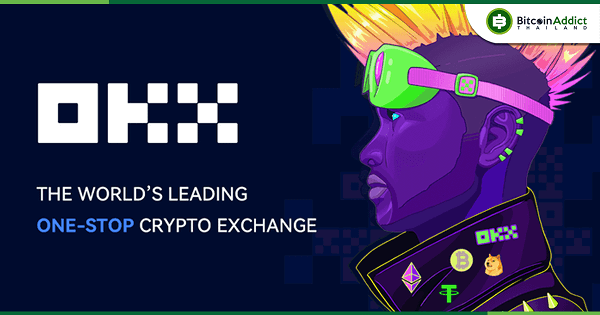Join our daily and weekly newsletters for the latest updates and exclusive content on industry-leading AI coverage. Learn More
OpenAI has unveiled “Swarm,” an experimental framework designed to orchestrate networks of AI agents. This unexpected release has ignited intense discussions among industry leaders and AI ethicists about the future of enterprise automation, despite the company’s emphasis that Swarm is not an official product.
Swarm provides developers with a blueprint for creating interconnected AI networks capable of communicating, collaborating, and tackling complex tasks autonomously. While the concept of multi-agent systems isn’t new, Swarm represents a significant step in making these systems more accessible to a broader range of developers.
The next frontier in enterprise AI: Multi-agent systems and their potential impact
The framework’s potential business applications are extensive. A company using Swarm-inspired technology could theoretically create a network of specialized AI agents for different departments. These agents might work together to analyze market trends, adjust marketing strategies, identify sales leads, and provide customer support—all with minimal human intervention.
This level of automation could fundamentally alter business operations. AI agents might handle tasks currently requiring human oversight, potentially boosting efficiency and freeing employees to focus on strategic initiatives. However, this shift prompts important questions about the evolving nature of work and the role of human decision-making in increasingly automated environments.
Navigating the ethical minefield: Security, bias, and job displacement in AI networks
Swarm’s release has also rekindled debates about the ethical implications of advanced AI systems. Security experts stress the need for robust safeguards to prevent misuse or malfunction in networks of autonomous agents. Concerns about bias and fairness also loom large, as decisions made by these AI networks could significantly impact individuals and society.
The specter of job displacement adds another layer of complexity. The potential of technologies like Swarm to create new job categories contrasts with fears that it may accelerate white-collar automation at an unprecedented pace. This tension highlights the need for businesses and policymakers to consider the broader societal impacts of AI adoption.
Some developers have already begun exploring Swarm’s potential. An open-source project called “OpenAI Agent Swarm Project: Hierarchical Autonomous Agent Swarms (HOS)” demonstrates a possible implementation, including a hierarchy of AI agents with distinct roles and responsibilities. While intriguing, this early experiment also underscores the challenges in creating effective governance structures for AI systems.
From experiment to enterprise: The future of AI collaboration and decision-making
OpenAI has been clear about Swarm’s limitations. Shyamal Anadkat, a researcher at the company, stated on Twitter: “Swarm is not an official OpenAI product. Think of it more like a cookbook. It’s experimental code for building simple agents. It’s not meant for production and won’t be maintained by us.”
‼️ since this started trending unexpectedly: swarm is not an official openai product. think of it more like a cookbook. it’s experimental code for building simple agents. it's not meant for production and won’t be maintained by us
— shyamal (@shyamalanadkat) October 12, 2024
This caveat tempers expectations and serves as a reminder that multi-agent AI development remains in its early stages. However, it doesn’t diminish Swarm’s significance as a conceptual framework. By providing a tangible example of how multi-agent systems might be structured, OpenAI has given developers and businesses a clearer vision of potential future AI ecosystems.
For enterprise decision-makers, Swarm serves as a catalyst for forward-thinking. While not ready for immediate implementation, it signals the direction of AI technology’s evolution. Companies that begin exploring these concepts now—considering both their potential benefits and challenges—will likely be better positioned to adapt as the technology matures.
Swarm’s release also emphasizes the need for interdisciplinary collaboration in navigating the complex landscape of advanced AI. Technologists, ethicists, policymakers, and business leaders must work together to ensure that the development of multi-agent AI systems aligns with societal values and needs.
The conversation around AI will increasingly focus on these interconnected systems. Swarm offers a valuable preview of the questions and challenges that businesses and society will face in the coming years.
The tech world now closely watches to see how developers will build upon the ideas presented in Swarm, and how OpenAI and other leading AI companies will continue to shape the trajectory of this transformative technology.

